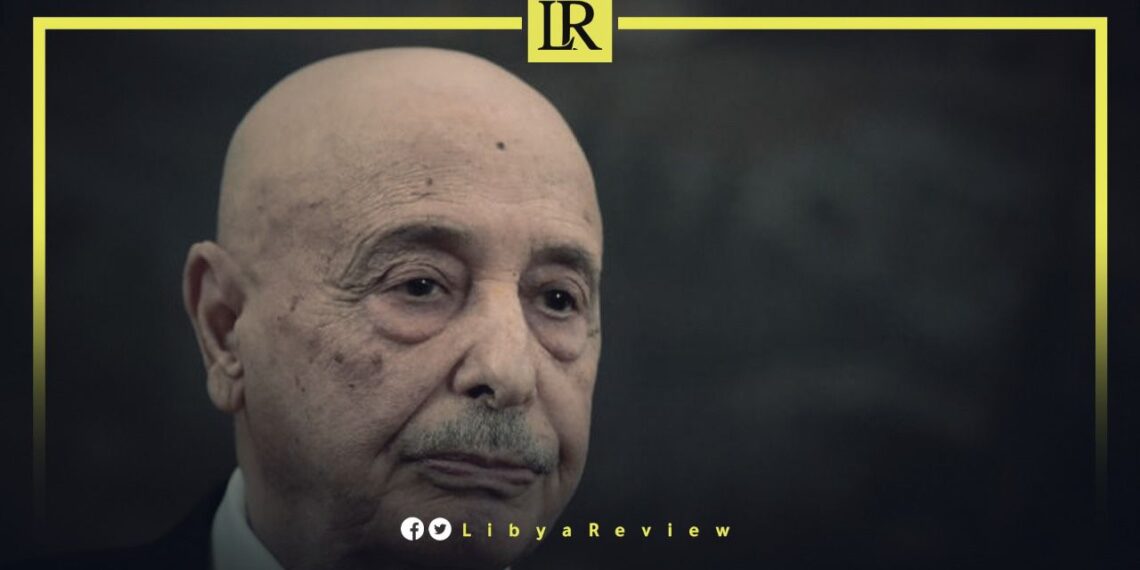The Speaker of the Libyan House of Representatives, Ageela Saleh, announced a new financial measure involving a temporary 27% tax on currency exchange, which could be adjusted based on state revenue projections.
Libya has experienced division since 2014, with two governments—one in the East and another in the West—vying for control, along with their respective financial institutions. Despite a political agreement in 2015 aimed at unification, the House of Representatives in Eastern Libya and the High Council of State in Tripoli, Western Libya, are required to collaborate on significant national issues.
Recently, the Governor of the Central Bank of Libya (CBL) proposed to the House of Representatives the idea of devaluing the dinar by implementing a 27% tax on currency exchange. This measure is anticipated to generate approximately $12 billion in revenue, potentially aiding in public debt reduction and financing development initiatives.
Following this proposal, the House of Representatives, based in Benghazi, has directed the Central Bank Governor in Tripoli to execute the devaluation. The process involves adjusting the sale price of foreign currency and assessing the additional value from these sales in relation to the Libyan currency. This strategy is also aimed at ensuring the availability of foreign currency across all Libyan banks.
The decision outlines that the generated revenue could support developmental projects or contribute to the Central Bank of Libya’s efforts in repaying public debt.
Financial disagreements have frequently ignited conflicts within Libya since the 2011 uprising, primarily fueled by competition over state financial resources.


